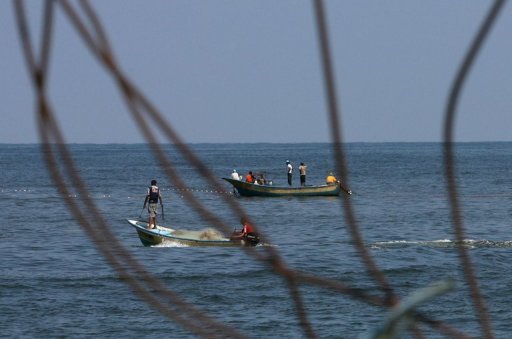Governments across the Middle East and North Africa (MENA) have taken amongst the most draconian steps globally to contain the novel coronavirus (COVID-19) outbreak. Yet, there will be much more economic damage than expected, Capital Economics said in its MENA economics update’ report released on Tuesday.
While increased oil production will provide some offsetting support for Gulf countries, nearly all economies look set to contract over this year as a whole, the report mentioned. It noted that coronavirus cases have continued to climb over the past couple of weeks. In a bid to halt the outbreak governments have taken increasingly drastic steps to enforce social distancing.
Several countries have resorted to curfews and shut down large swathes of their economies, the report mentioned. “Travel bans have been enforced too, with hundreds of flights across the region grounded.”
These measures are already caused severe economic disruption and will continue to do so over the coming weeks and months, the report said. Capital Economics despite the lack of availability of timely economic data from across the region, but figures on traffic congestion reinforce anecdotal evidence that there is little if any movement of people and goods in major cities.
Sectors that are most vulnerable to social distancing, such as retail trade and tourism, are likely to be hit the hardest, the report forecasted.
These sectors are largest in the North African economies as well as Lebanon, Jordan and Dubai.
While export-oriented sectors will suffer due to the downturn in the global economy, the report mentioned, adding that Dubai is vulnerable due to its role as a global logistics and re-processing hub.
And Morocco and Tunisia are exposed to weakness in the eurozone economy, which CE expects to contract by around 12.5% quarter over quarter in Q2 – much larger than the 6% peak-to-trough fall in GDP during the global financial crisis.
Oil prices collapse means that governments in the Gulf find themselves in a bind
For the Gulf countries at least, the hit will be partially mitigated by stronger growth in oil sectors, the report said adding that what matters for GDP growth is the change in the volume of oil production and, following the collapse of the OPEC+ negotiations earlier this month, the output is being ramped up.
Policy support is being put in place in a bid to contain the economic fallout, the report said, adding that Interest rates have been lowered, with Central Bank of Egypt (CBE) cutting by 300bp.
Meanwhile, banks have been instructed to waive loan repayments and, in some countries, firms have been exempt from tax and utility payments, the report mentioned, noting that the collapse in oil prices means that governments in the Gulf find themselves in a bind.
Brent crude at $30pb, budget and current accounts are now in deficit across all six Gulf economies. Dollar pegs should remain intact, but policymakers seem reluctant to embark on significant direct fiscal support are some are even planning to cut spending while elsewhere, policymakers will be constrained by the fragile balance of payments positions.
Lebanon was already in the midst of a messy economic crisis and the government is in default as the virus outbreak simply makes a bad situation even worse, mentioned the report, adding that low oil prices will exacerbate long-standing strains in Algeria’s economy.
External positions are in better shape in Egypt and Morocco
Tunisia and Jordan have the International Monetary Fund (IMF) backstops in place but there will be little scope for fiscal stimulus, said the report, adding that external positions are in better shape in Egypt and Morocco but poor public finances limit the scope for fiscal stimulus.
CE is slashing its GDP growth forecasts for this year, with most economies now likely to contract. Saudi Arabia is the one exception, although that will entirely reflect higher oil output.
The policy steps are taken to reduce the risk of the downturn morphing into a financial crisis. But their limited scope means that, once the virus is brought under control, the economic recovery will be slow, mentioned the report.



